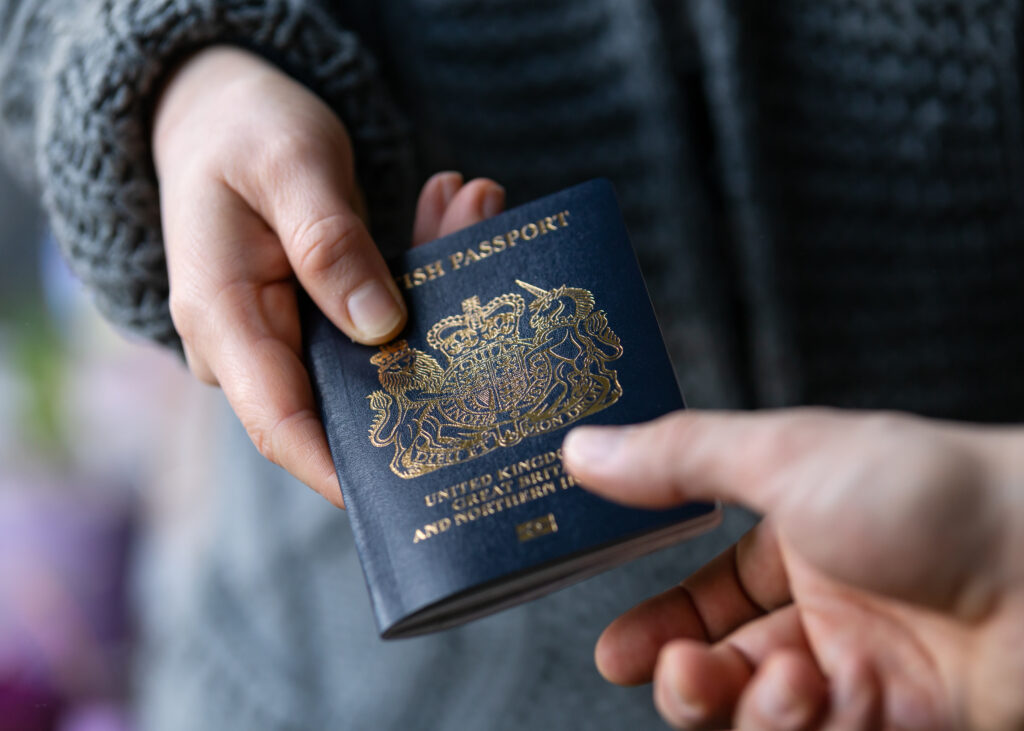Business travellers with British passports often believe they enjoy special privileges while abroad, but security expert Kate Fitzpatrick warns this isn’t the case.
Despite the prevalent James Bond myth, breaking the law in another country means facing local legal systems, regardless of nationality. Fitzpatrick emphasises the importance of understanding local laws and customs to avoid trouble.
A recent survey by Opinium, commissioned by World Travel Protection, highlights that 44% of business travellers believe a British passport grants special privileges. This belief is even higher among younger travellers, with 52% of those under 34 holding this view. However, Fitzpatrick, Security Director at World Travel Protection, stresses that these beliefs are mere wishful thinking.
“Imagining that a British passport offers special protection abroad is far from reality,” Fitzpatrick states. “The UK government generally intervenes only in large-scale crises, and evacuations are dangerous and complex. Adhering to local laws is crucial, as ignorance won’t save you from legal consequences.”
The survey also reveals that over half of business travellers (54%) feel travel has become riskier, with concerns ranging from natural disasters and extreme weather to terrorist attacks. Fitzpatrick advises organisations to assess and mitigate these risks for their travelling employees, emphasising the importance of understanding the ‘Foreseeability of Risk’ to ensure safety.
Changes in travel behaviour also impact risk levels. Business travellers now aim to maximise their budgets by scheduling more meetings per trip (33%) and extending stays (29%). Fitzpatrick highlights that longer stays might lead to using local transport more frequently and exploring new areas, increasing exposure to risks.
“Pre-travel safety briefings should include advice on socially acceptable behaviour, especially for LGBTQ+ travellers and women who may face higher risks,” Fitzpatrick advises.
Despite the challenges, nearly three-quarters (71%) of business travellers take personal responsibility for their safety by researching destination risks. However, reliance on smartphones remains a vulnerability, with 70% heavily dependent on them and 64% feeling lost without them. Fitzpatrick recommends carrying printed travel documents to mitigate the impact of potential communication disruptions.
“In emergencies, networks can go down, or mobile systems can become overloaded,” Fitzpatrick warns. “Having hard copies of essential information is crucial.”
To enhance safety, organisations should provide up-to-date information on destinations and consider using travel risk management services with live travel apps. These apps offer geolocation capabilities, enabling precise tracking and monitoring of emerging risks. With an ’emergency’ button, travellers can instantly reach medical and security experts 24/7.


